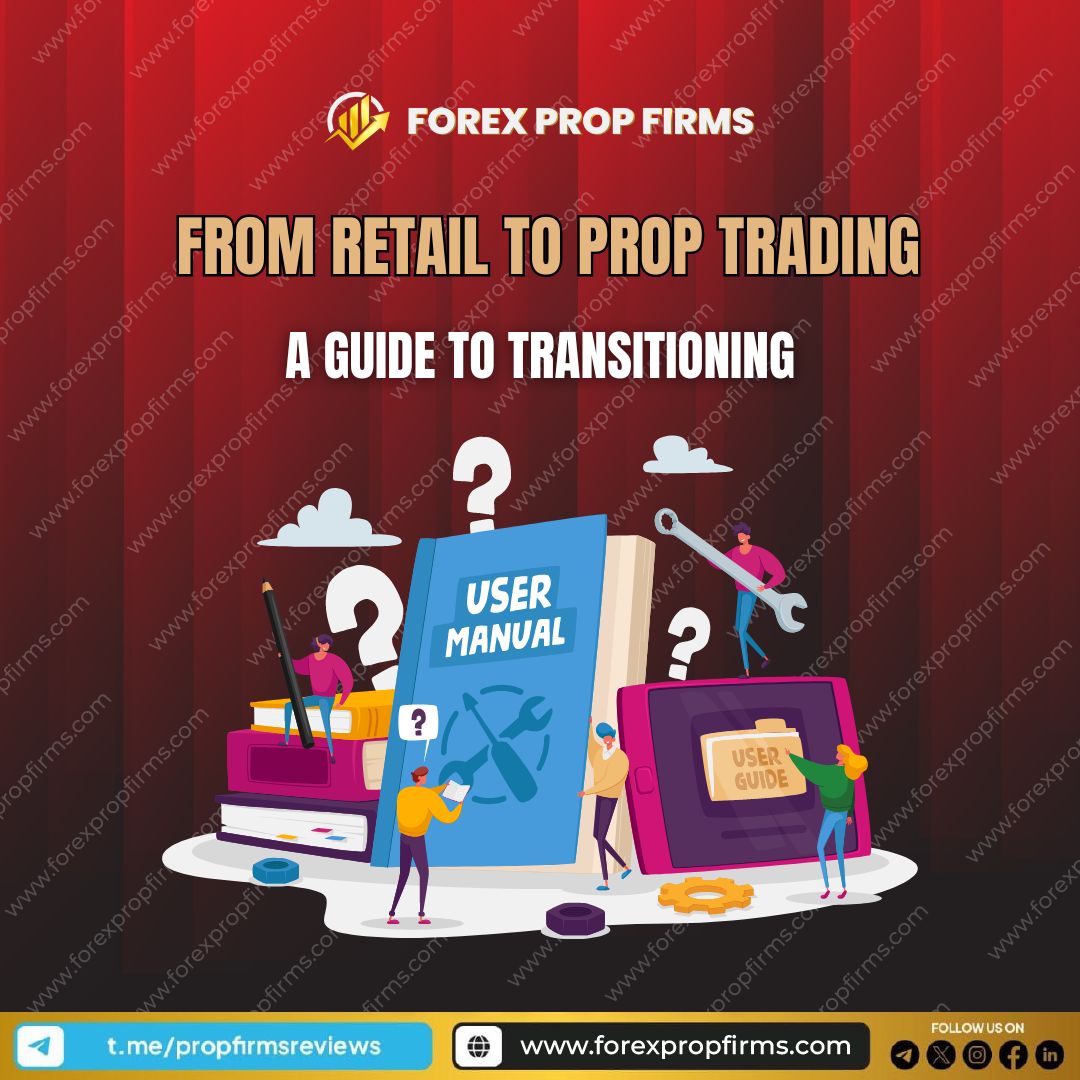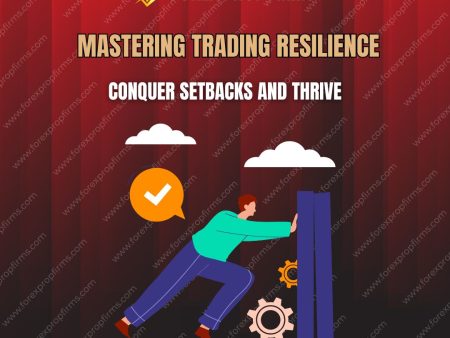
Transitioning from retail to prop trading is a significant career move that offers new opportunities and challenges. This guide will walk you through the process, from understanding the key differences to preparing for a successful career in a prop trading firm.
Understanding the Differences Between Retail and Prop Trading
Before making the leap from retail to prop trading, it’s crucial to understand the fundamental differences between the two. Retail traders typically use their own capital and have full control over their trading decisions, while prop traders trade with a firm’s capital and often follow specific guidelines or strategies provided by the firm. This distinction influences everything from risk management to potential profits.
Retail Trader vs. Prop Trader
Retail traders enjoy complete autonomy but must bear all the risks. On the other hand, prop traders benefit from the firm’s resources, including capital, advanced trading tools, and research support. However, they must also adhere to the firm’s risk management rules and share a portion of their profits with the firm.
Assessing Your Suitability for Prop Trading
Not every retail trader is cut out for prop trading. Assessing your suitability involves evaluating your trading skills, risk tolerance, and willingness to adapt to a more structured environment. Consider whether you are comfortable with the idea of trading someone else’s capital and whether you have the discipline to follow the firm’s guidelines.
Building a Strong Trading Record
A strong trading record is essential when transitioning from retail to prop trading. Your track record should demonstrate consistent profitability, effective risk management, and the ability to adapt to different market conditions. Many prop firms will require a detailed account of your past trades, so keeping meticulous records is crucial.
Developing a Prop Trading Plan
As you transition to prop trading, developing a comprehensive trading plan that aligns with the firm’s objectives and your trading style is essential. This plan should outline your strategies, risk management techniques, and goals for growth within the firm.
Networking and Building Relationships
Networking is a key component of transitioning from retail to prop trading. Building relationships with current prop traders, industry professionals, and firm recruiters can open doors and provide valuable insights into the prop trading world. Attend industry events, join online forums, and leverage platforms like LinkedIn to connect with others in the field.
Networking with Industry Professionals
Engage with experienced prop traders to learn more about the demands and expectations of the role. Their insights can help you refine your approach and prepare more effectively for the transition.
Applying to Prop Firms
Once you’ve assessed your suitability and built a strong trading record, it’s time to start applying to prop firms. Research firms that align with your trading style and goals. Pay close attention to their entry requirements, compensation structures, and the types of support they offer to traders.
Preparing for Prop Firm Interviews
The interview process for prop trading can be rigorous, often including technical assessments, trading simulations, and in-depth discussions of your trading philosophy. Be prepared to showcase your trading record, discuss your strategies, and demonstrate your knowledge of the markets.
The Prop Trading Interview Process
Prop trading interviews often involve multiple stages, including initial screenings, trading simulations, and final interviews with senior traders or managers. Success in these interviews requires a deep understanding of your trading style, strong analytical skills, and the ability to think on your feet.
Adapting to the Prop Trading Environment
Transitioning from retail to prop trading involves more than just a change in capital. It requires adapting to a new environment where you may have less control over your trading decisions and must adhere to the firm’s risk management rules. This adjustment can be challenging, but it’s also an opportunity to learn and grow as a trader.
Overcoming Challenges in Transition
The transition from retail to prop trading is not without its challenges. You may need to adjust to different risk management practices, learn new trading platforms, and adapt to a more collaborative environment. Staying flexible and open to learning will be key to your success.
The Rewards of Prop Trading
Despite the challenges, the rewards of prop trading can be substantial. As a prop trader, you have the potential to access larger amounts of capital, benefit from the firm’s resources, and earn a share of the profits. For many traders, the transition from retail to prop trading represents a significant step forward in their trading careers.
Conclusion: Making the Leap from Retail to Prop Trading
Transitioning from retail to prop trading is a bold move that requires careful preparation and a willingness to adapt. By understanding the differences, building a strong trading record, networking with industry professionals, and preparing thoroughly for the application process, you can position yourself for success in the competitive world of prop trading.
If you’re ready to take your trading career to the next level, start exploring prop trading opportunities today. Whether you’re looking for increased capital, advanced tools, or a supportive trading community, making the transition from retail to prop trading could be the right move for you.
Let’s Understand Prop Firms
Looking for the latest Prop Firms updates?
Follow our official social channels and never miss a bit!














 for
for